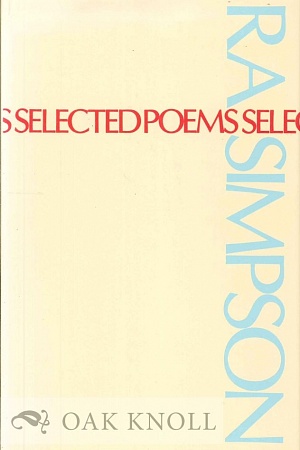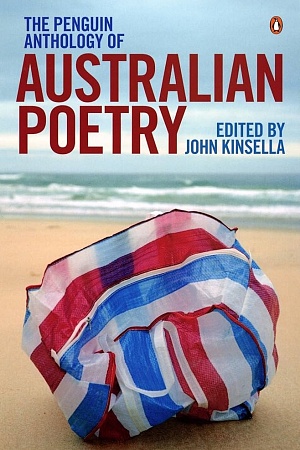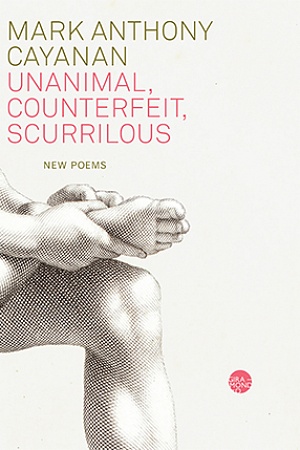Ghostly Subjects
Salt Publishing (Inbooks), $24.95 pb, 80 pp
'The gently ravenous'
In Ghostly Subjects, her first book-length collection, Maria Takolander brings a sharp, wide-ranging voice to various themes of haunting. What, after all, does it mean for a subject to be ghostly? Takolander reveals a fasci-nation with the ways that surfaces of many kinds might be disrupted within the poetic text – for example, the ways in which the present can be interrupted by the pressures of the past, or an external geography of landscape by the private desires of the heart, or the stage of global events by the graspable scale of the local. And as these boundaries blur and suffuse, Takolander’s poetry suggests that the subject is not only the world under the scrutiny of the poet’s eye, but also the subjectivities of poet and reader, both drawn into these shifting spheres of light, shadow, and surprise.
In the opening poem, ‘Geography Lessons’, Takolander considers the crucial relationship between the natural world and the poet–observer: ‘How a river /… [might] call you by your secret name, / the one only your mirror knows’, or how one might ‘adopt [the ocean’s] colossal anger as your own / and live believing it is all something personal’. This relation poses a question that ‘haunts’ much recent eco-poetic and post-romantic writing – can the world be observed and transformed within the imaginative alchemy of the poem without doing it violence, or without a naïve and narcissistic misunderstanding that the world is us and that we are the world? Indeed, does the poet write the subject inductively across the alterity of the world, or is the only way to begin to understand the world to incorporate it, devouring and giving birth to it in endless cycle? ‘Your mouth gives you life, / And, oh, you could live for it’, Takolander writes in ‘Narcissism’. While the collection offers many vistas of the observing eye, it is perhaps actually the mouth – that bivalve between self and world, which ‘Bite[s], chew[s], suck[s], swallow[s], fuck[s]’ – that Takolander offers as a principal poetic ‘organ’, here a feminised and active body which consumes the ideas and the images of the external world, in a powerful and visceral version of creation. As the poem ‘Alien Subjects’ puts it, rather sensually and elegiacally, ‘For finally we are mouths, the gently ravenous.’
Continue reading for only $10 per month. Subscribe and gain full access to Australian Book Review. Already a subscriber? Sign in. If you need assistance, feel free to contact us.















Leave a comment
If you are an ABR subscriber, you will need to sign in to post a comment.
If you have forgotten your sign in details, or if you receive an error message when trying to submit your comment, please email your comment (and the name of the article to which it relates) to ABR Comments. We will review your comment and, subject to approval, we will post it under your name.
Please note that all comments must be approved by ABR and comply with our Terms & Conditions.